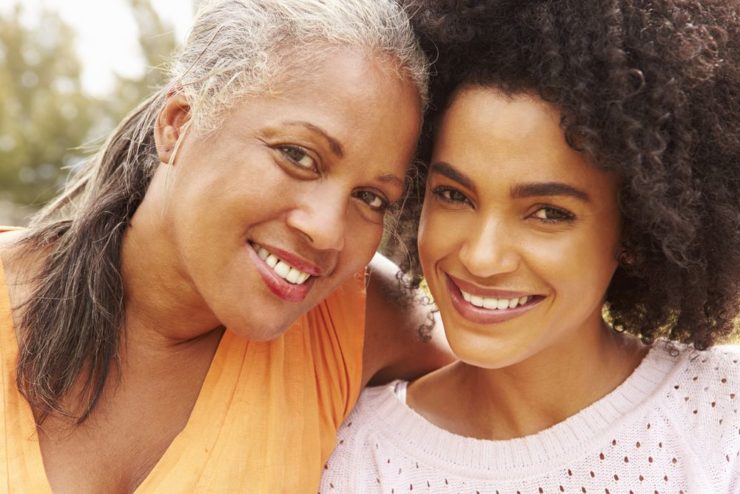If you have a millennial at home, you might notice that marriage, careers, and kids are coming later in life. It’s almost like the 20’s are becoming a throwaway decade.
Dr. Tom Golightly shares ways to help your millennial grow up and take the plunge into adulthood.
Unpause Adulthood In Your Millennial
For 20-somethings, marriage, kids, and careers are happening later in life. It’s no wonder then, that young adults view their twenties as a throwaway decade. These five pieces of advice will help you, as parents, guide your children in the defining decade of their life.
1. Help Them Solidify Their Identity and Purpose
In adolescence we create an idea of who we think we are based on what we do (e.g., dancer, athlete, musician). In early adulthood we should begin to own multiple, complex components of our identity. Teach your child that now is the time to try new roles as well as new cultural, educational, and volunteer opportunities. As we broaden and deepen our experiences in early adulthood, we reduce shame around failure and find more self-acceptance.
2. Teach Them the Importance of Relying on and Trusting Others
Learning to risk and manage feeling vulnerable in relationships is something to work on now. In our 20’s, we can learn that we don’t just belong to relationships but that we are active participants in them. Through the ups and downs of giving trust, being accepted and then rejected, we can learn better how and with whom we will be interdependent.
3. Tell Them to Own a Set of Personal Values
In our teenage years, we accept rules and values that our parents, peers, and mentors appreciate. As we move away from the influence of our home, we should start to determine our own sets of values. Our personal set of ethical behavior surrounding work, how we treat others, and other responsibilities should start now.
4. Show Them the Importance of Giving and Receiving Empathy
In our teenage years, we our more concerned about our internal world than the external world. In early adulthood, we should be practicing empathy – not just feeling bad FOR someone but feeling bad WITH them. As we learn to provide others with more understanding, it’s important to remember to be compassionate with ourselves. As we learn to be more self-compassionate, we will be more understanding of others’ viewpoints.
5. Work With them on Building Confidence in Competencies
Once you step into your 20’s, it’s time to have your “boots on the ground.” Work on understanding your intellectual, academic, emotional, and vocational strengths and then ACT on them. Don’t put off exploring options. Now is the time to find interests and strengths that will serve you well in the long run.
Dr. Tom Golightly is the Associate Clinical Director for BYU Counseling and Psychological Services. He is responsible for treating a variety of mental health issues in order to help student-athletes remove any obstacles preventing successful academic and sport performance. He is also tasked with teaching two courses for the University – Performance Psychology and Contemporary Issues for student-athletes.
Tom received his BA in psychology and Italian from the University of Arizona, later going on to receive his MS and Ph.D. in counseling psychology at BYU. He is the husband and father of Shawna, his wife, and their four children, Tyler, Sarah, Brandon, and Elise.















Add comment